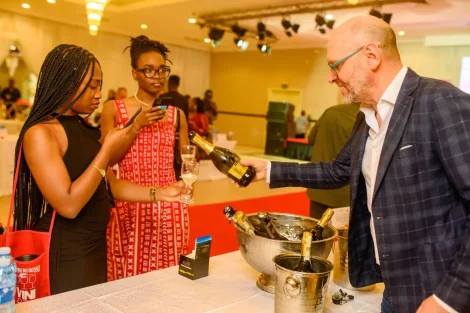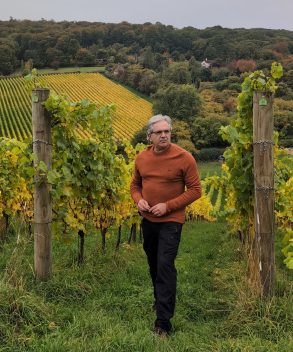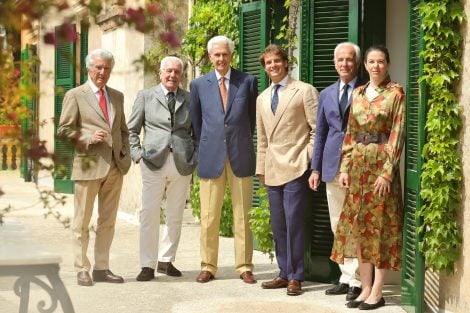by Giulia Salis
"If I cook today, I owe it to my grandmother": the food and wine narrative always starts here, with that sweet, present, and strong figure that recalls a wholly local matriarchy. And yet sometimes the cards are shuffled and the protagonists take on male traits. This is because there are places that tell much more than they show, places that hold stories, memories, roots. We are in Serdiana and here, among the rows in the countryside of Parteolla, just a few kilometres from Cagliari, the Argiolas winery has decided to open the door to one of these places: Casa di Nonno is a small boutique hotel with just five rooms, born from the renovation of the house where it all began — the house of founder Antonio Argiolas, the centenarian patriarch and visionary of Sardinian viticulture.
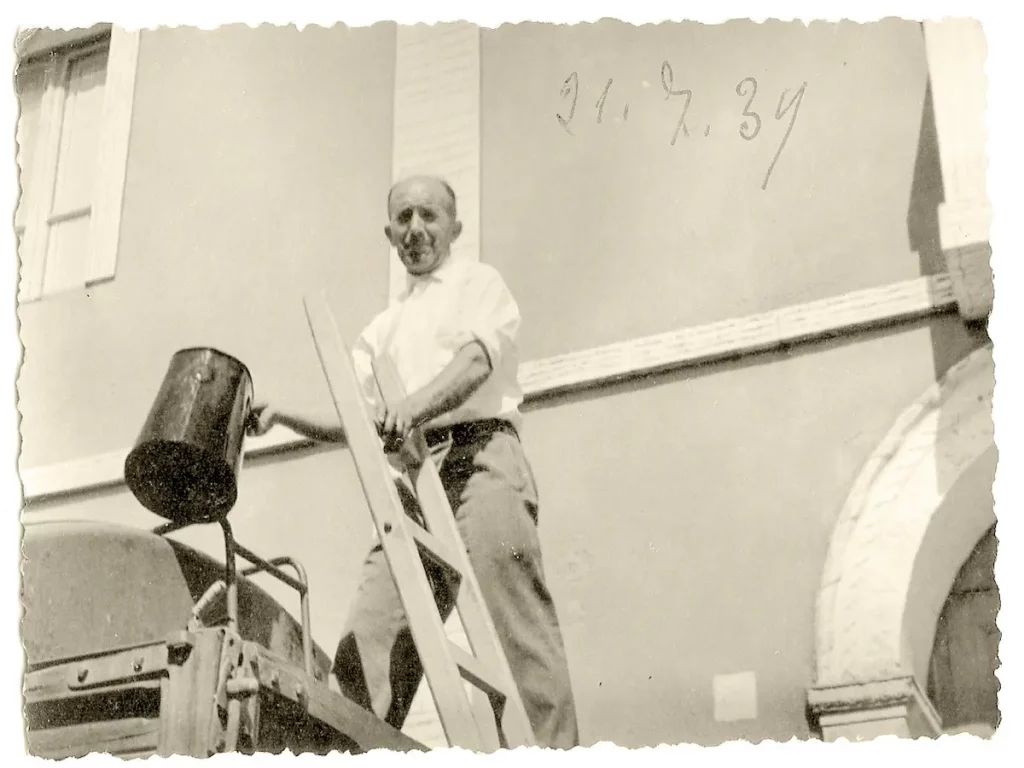
Serdiana, a territory to discover
Sardinia is still far from the national buzz around wine tourism: few accommodation facilities within wineries, very few opportunities to sit at tables among the vineyard rows. And yet, something is moving — and moving fast. Casa di Nonno is an example: a historic winery, one of the most renowned Sardinian companies in the world thanks to a strong and ambitious eye on foreign markets; a territory that speaks of agriculture, vines, olive trees, and orchards; and the goal of encouraging people to take a break, far from the usual tourist clichés of the island made of beaches and sea.
A return to the roots
Argiolas has found the right key, channelling storytelling towards a narrative that strikes those emotional chords so loved by tourists, especially foreigners. This is not just a hospitality project: it is almost a return to the origins, an intimate and sincere tribute to the deepest sense of family, hospitality, and territory — the same threads that weave together the agricultural world and the world of wine in particular. Casa di Nonno is a new step for Argiolas, but also a return. Perhaps the most direct and natural way to tell the world that wine is not just a product, but a bridge between generations.
It’s hard, in fact, not to get absorbed in the family geography of this place, strongly desired by grandfather Antonio’s grandchildren — Valentina, Francesca, and Antonio — who now run the company. Every detail speaks of care and memory. Lime plaster, stone and wooden floors, glazed ceramics, and restored furnishings: everything reflects the soul of a traditional Campidano home of the past, which also mirrors the winery’s own structure, just across the road. The rooms are few, only five — Olivo, Sabbia, Grano, Mare, and Rosa — whose names and colours recall the natural elements surrounding the estate, intertwining modern comfort with warm materials, natural fabrics, and discreet, essential technology. The intention is clear: to create a place that truly restores everything to a family dimension, far from excessive luxury, yet closer to the soul of Sardinian viticulture.
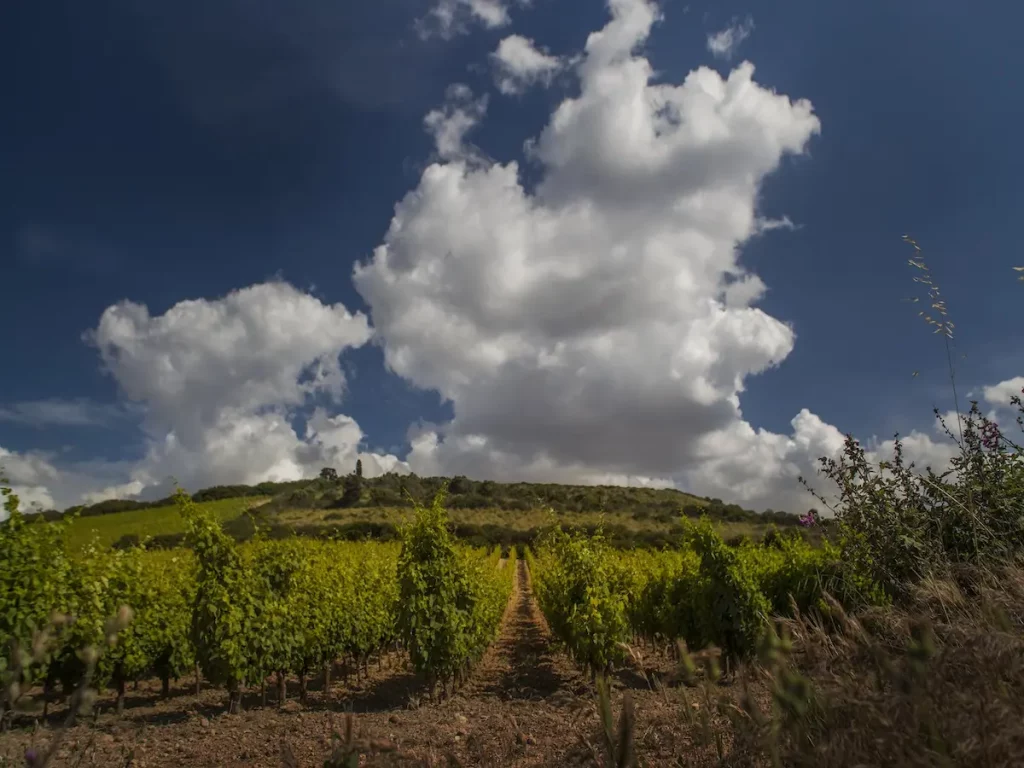
The restaurant is located in the old olive press
Everything revolves around a secluded courtyard, just like in the old days — sa lolla, as it’s called in Sardinian: a small internal garden with a pergola, an unusual water basin fed by a re-emerged spring, and a green backdrop that embraces the guest and restores the sense of slow, good time. This is also where Domu — “home” in Campidanese Sardinian — looks out: the restaurant by chef Alessandro Taras, created in the house’s ancient olive press. Once again, the real meaning of this place emerges: the home coming back to life, restarting from its foundations to write a new future.
The dining room, simple and bright, accommodates 36 seats: small square tables, beech-coloured Chiavari chairs, two convivial tables seating twelve, an open kitchen separated from the room by a large glass wall, and walls ready to host exhibitions and installations that will change with the seasons.
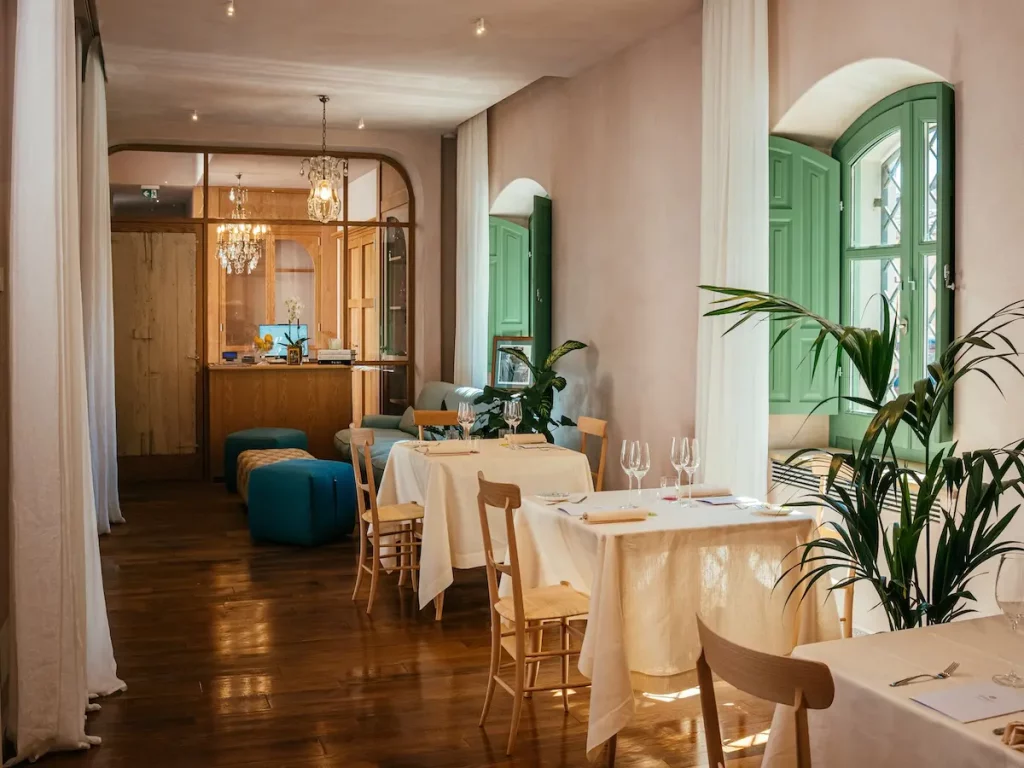
The culinary offerings for lunch, dinner, and breakfast
In the kitchen too, the heart beats for Sardinia. The menu speaks the language of tradition without betraying it with overly bold intentions. A cuisine that lightens without stripping away identity, that refines without straying too far. At lunch, simpler and more accessible dishes; at dinner, two tasting menus — sea or land — built on the raw ingredients from Is Aquas, the family’s farm among the Argiolas vineyards, where vegetables are grown, goats are raised, and eggs and fruit are gathered. And it is from here that the ingredients for Domu’s signature dishes arrive: handmade fregola, culurgiones, eel ravioli, rabbit alla cacciatora, and roast suckling pig — to be booked in advance, like all important things.
Even breakfast at Casa di Nonno is a special moment: homemade cakes, goat’s yoghurt and milk, jams, fresh bread, pies that smell of home and childhood, and leavened goods from a small village bakery.
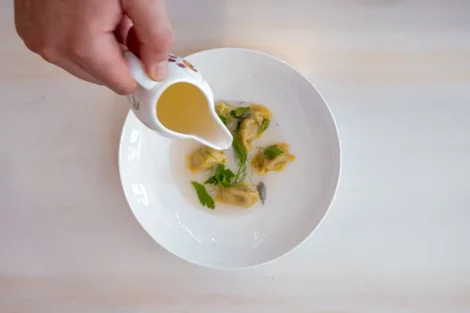
Turriga, the winery’s signature wine
And then there’s the wine, of course. The best of Argiolas’ production is on the wine list, with by-the-glass pairings designed for every dish and the rare, precious opportunity to taste mini-verticals of Turriga — the company’s flagship red wine, created by the genius of Giacomo Tachis and Sardinian native grapes. A wine that, like this project, tells a story of family, vision, and love for the land. Also worth trying — perhaps as an aperitif at the winery after a vineyard tour — is their latest label, Sa Frissa, a Nuragus di Cagliari DOC, naturally low-alcohol (10.5%) because harvested early, looking to the future while starting from a solid base of Sardinian identity. Fresh, fragrant, and made for summer.
Casa di Nonno – Serdiana (Cagliari) www.argiolas.it – 070 740606

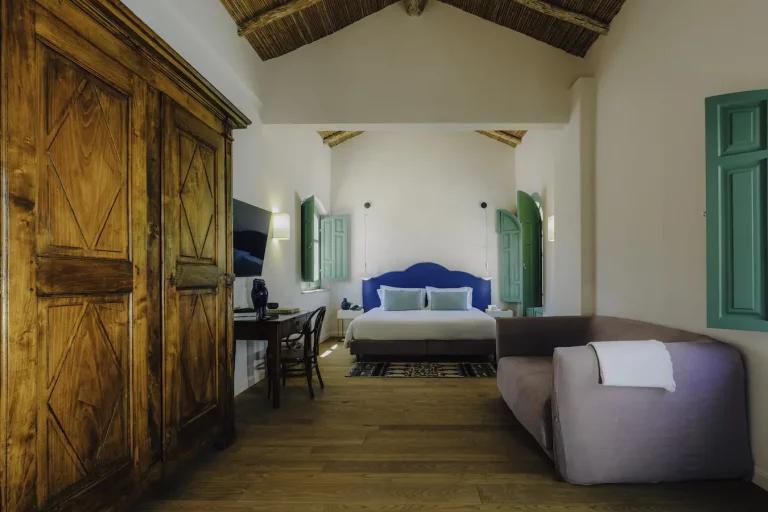
 'To be the global platform, we must take everyone and everything into account'
'To be the global platform, we must take everyone and everything into account'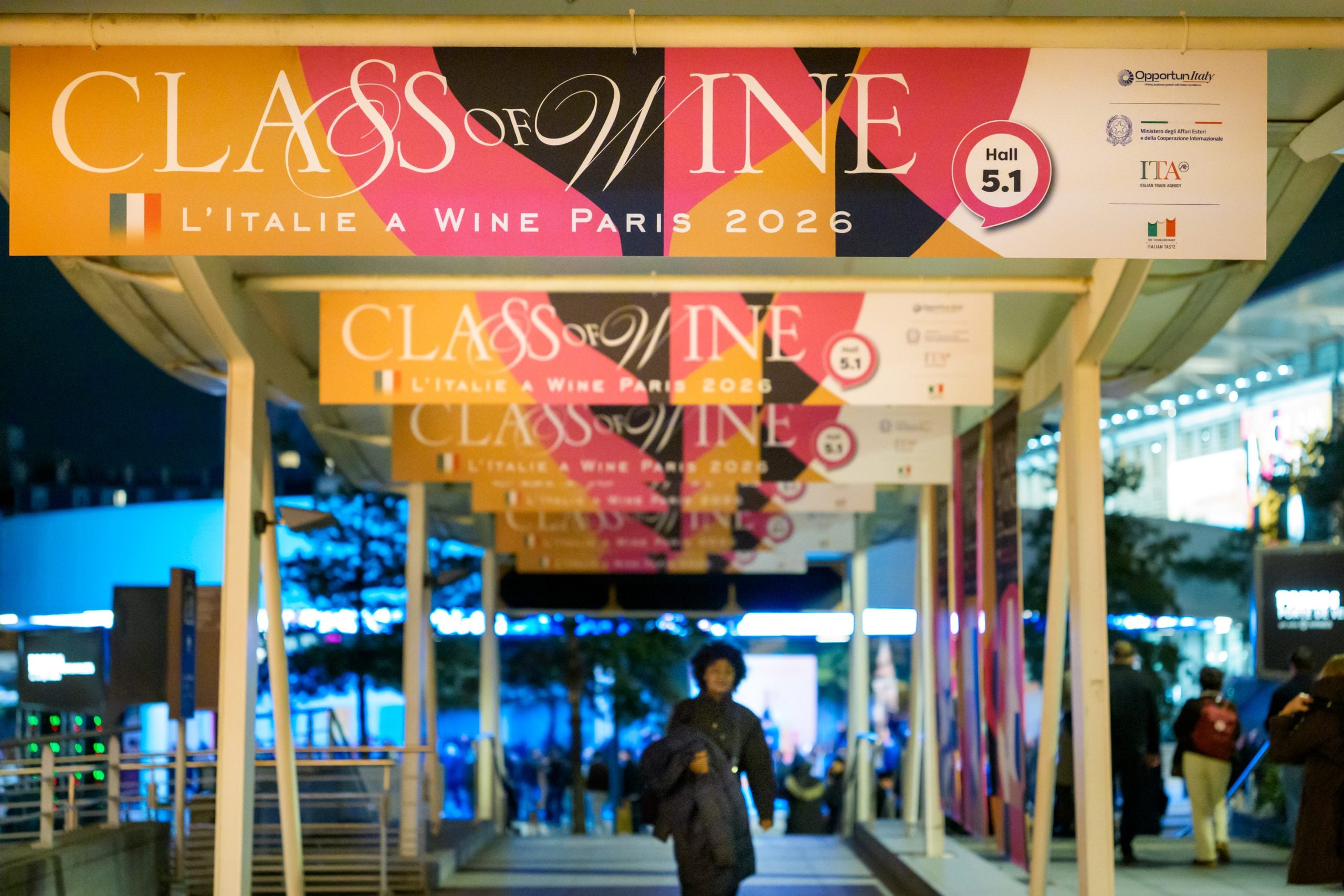 What did Italian producers think of Wine Paris 2026?
What did Italian producers think of Wine Paris 2026?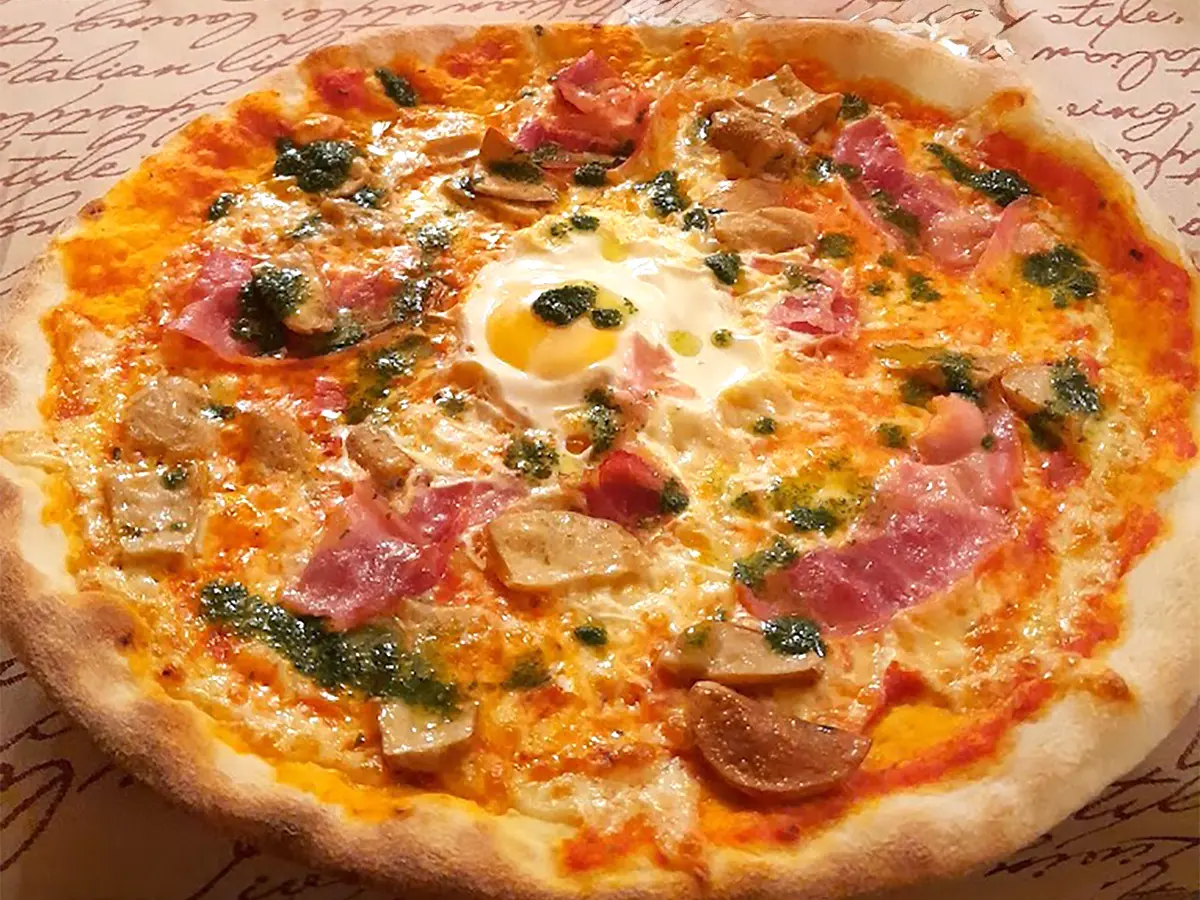 The pizza that’s taking the Winter Olympics by storm
The pizza that’s taking the Winter Olympics by storm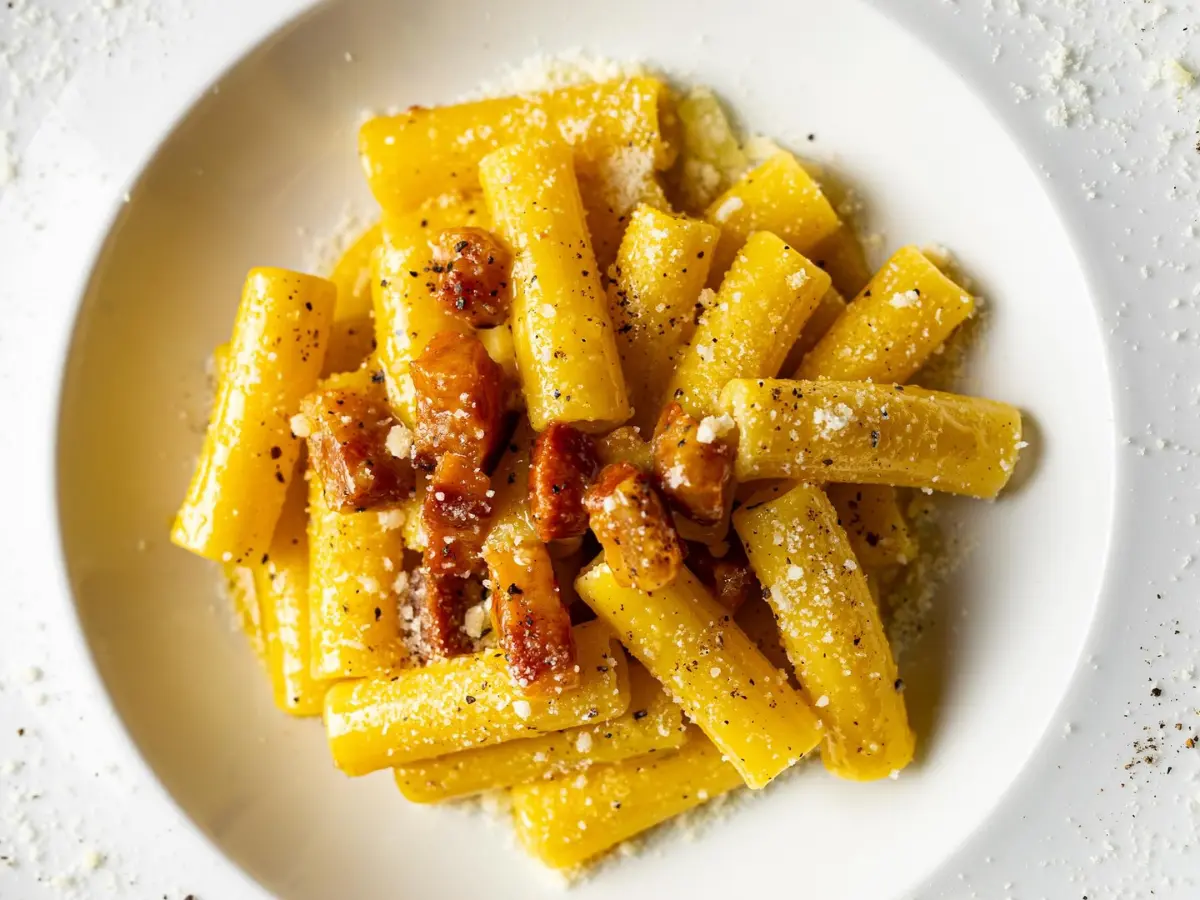 Where to eat in Central Rome (while avoiding the tourist traps)
Where to eat in Central Rome (while avoiding the tourist traps)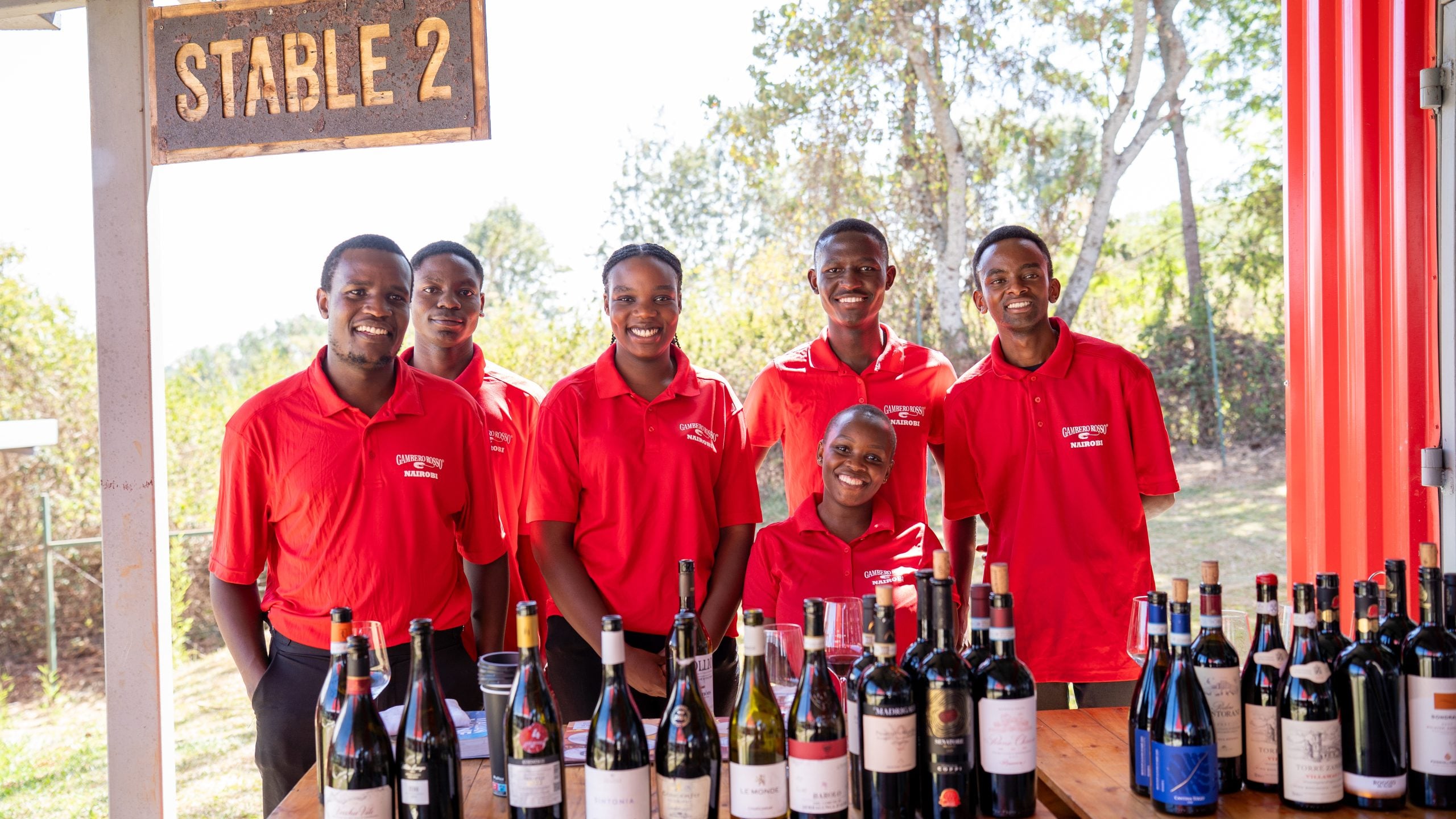 The Top Italian Wines Roadshow returns to Kenya
The Top Italian Wines Roadshow returns to Kenya
